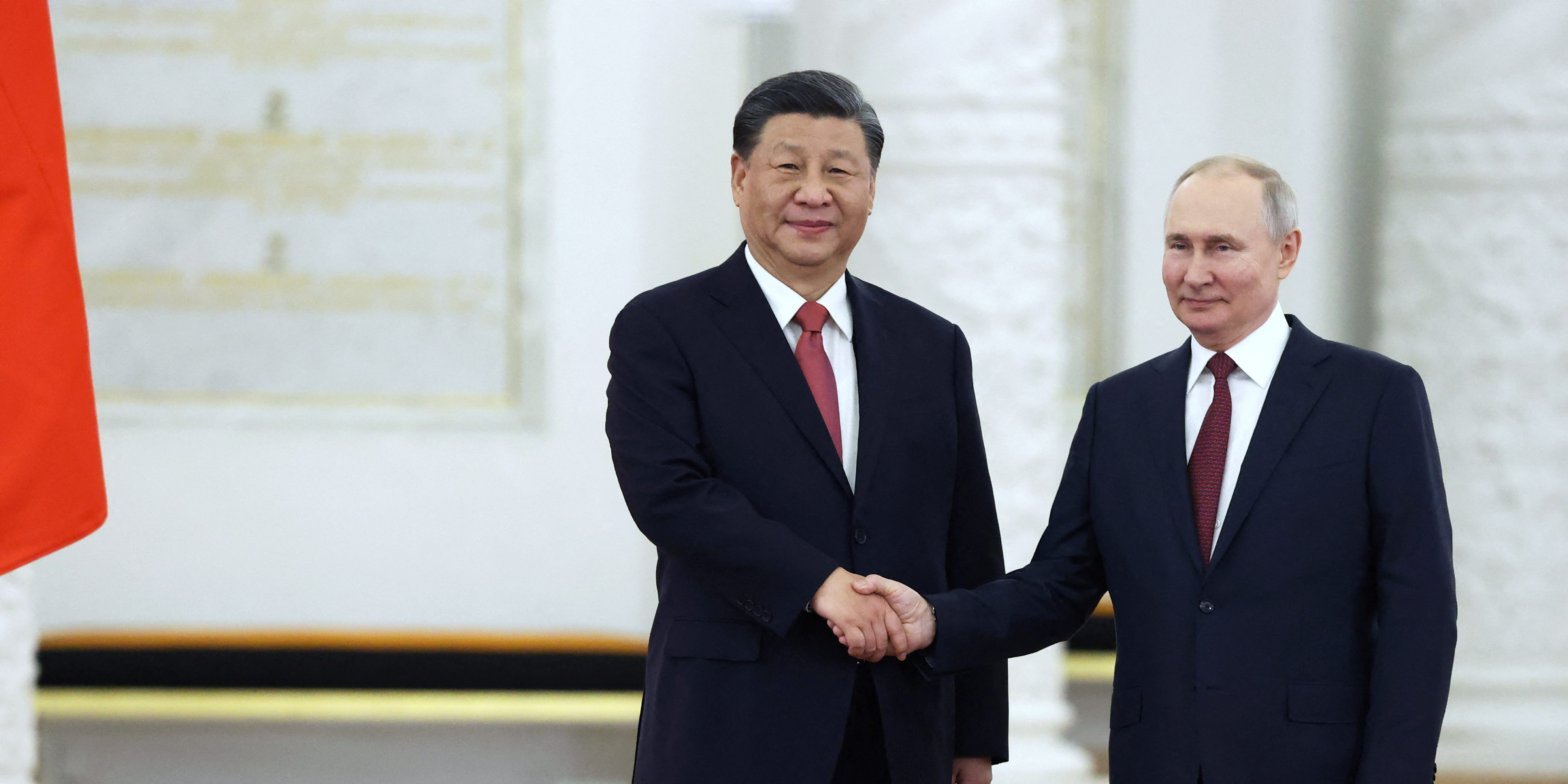China’s crude imports from Russia hit an all-time high of 2.29 million barrels per day in May. Shipments were up 15.3% last month compared to the same time last year. Meanwhile, Europe has slashed Russian oil imports by 90% since the war in Ukraine began. Loading Something is loading.
Thanks for signing up!
Access your favorite topics in a personalized feed while you’re on the go.
Russia’s invasion of Ukraine has reshaped global energy markets since February 2022, with China emerging as a top trade partner to Moscow and Western nations distancing themselves from the warring nation.
In May, Beijing imported a record high of Russian crude, new customs data cited by Reuters Tuesday show.
Arrivals from Russia to China hit 2.29 million barrels per day last month, marking a 15.3% increase from the same time last year and a 32.4% increase from April’s average of 1.73 million barrels a day.
China — as well as India — has been able to buy barrels at a discount from Moscow, and much of the purchases can be traced to private refiners. The 400,000-barrel-a-day refinery, Hengli Petrochemical, for example, took in its first Urals crude shipment of 730,000 barrels in early May, per Reuters.
Smaller refiners, also called teapots, enjoyed larger margins thanks to their purchases of banned cargoes coming from Russia, Iran, and Venezuela.
Meanwhile, European Union member states have slashed Russian fuel imports by 90% since last year’s trade embargo, Eurostat data published Monday shows.
In the three years leading up to Moscow’s invasion of Ukraine, EU members imported an average of 15.2 million tons of crude oil and petroleum products from Russia every month. By March, that average dropped to 1.4 million tons.
To compensate for the missing barrels, the EU has ramped up trade with the US and Saudi Arabia.
The EU banned seaborne imports of Russian crude in December and refined products in February, while imports via pipeline continued. By 2027, the EU plans to cut off all Russian fuel imports.
